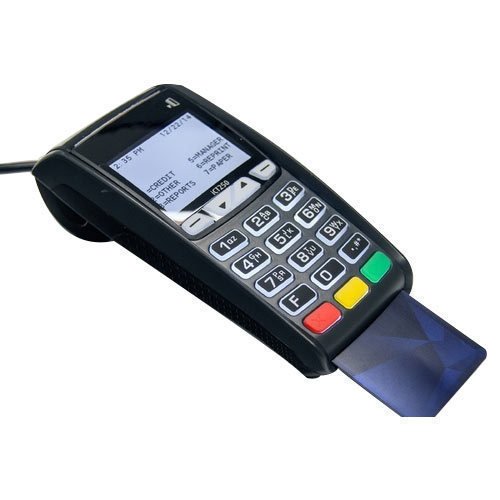Context: POS Systems as Enablers of Operational and Customer-Centric Agility
For small businesses operating in increasingly complex and omnichannel environments, the Point of Sale (POS) system has evolved from a transaction tool to a strategic enabler. It now serves as the nexus for inventory control, sales optimization, customer engagement, and digital integration. Choosing the right platform is less about features and more about fit-for-purpose alignment with business growth trajectories.
Zakya: A Unified Retail Management Platform for Scalable Growth
Zakya offers an integrated suite that consolidates retail operations under a single, agile interface. Its strategic value lies in:
- Operational Efficiency: Automates inventory management, vendor coordination, and payment processing, reducing overhead and manual errors.
- Digital Expansion: Empowers businesses to launch mobile apps and online stores without dedicated IT infrastructure—ideal for digital-first growth.
- Real-Time Intelligence: Delivers actionable insights across key business functions, enabling data-backed decisions on purchasing, staffing, and pricing.
Zakya is particularly suited for early-growth to mid-scale businesses seeking centralized control, minimal IT dependency, and clear cost structures through flexible pricing tiers.
Square: A Modular, Vertical-Specific Ecosystem for Industry Precision
Square differentiates itself through a horizontal scalability and industry-vertical customization, supported by a seamless integration of proprietary hardware and cloud-based software. Key business value drivers include:
- Industry-Specific Design: Tailored modules for retail, food services, and appointment-based businesses ensure better process fit and faster ROI.
- Scalable Infrastructure: Trusted by over two million businesses, Square’s architecture supports both startups and multi-location chains.
- Omnichannel Readiness: Synchronizes digital and physical customer touchpoints, a critical capability in today’s hybrid commerce landscape.
Square is ideal for sector-specific businesses with complex workflows and those seeking to scale while maintaining process consistency and brand experience.
Executive Decision Framework: Choosing the Right Fit
| Strategic Priority | Zakya | Square |
| Centralized Control | ✅ Strong | ⚪ Moderate |
| Industry Specialization | ⚪ Generalized | ✅ High (Retail, Restaurants, Appointments) |
| Digital Expansion (Low IT Lift) | ✅ Mobile & E-commerce ready | ✅ With modular tools |
| Hardware Integration | ⚪ Software-first | ✅ Proprietary hardware ecosystem |
| Cost Transparency & Flexibility | ✅ Tiered pricing with free entry-level plan | ⚪ Varies by vertical and usage |
| Multi-Channel Operations | ✅ E-commerce and in-store synergy | ✅ Omnichannel design |
| Growth Orientation | ✅ Built for scale with minimal technical debt | ✅ Built for scale with plug-and-play modules |
Strategic Takeaway
Both Zakya and Square offer compelling value propositions—but from different strategic angles.
- Zakya is positioned as a growth enabler for small businesses seeking operational simplification, real-time insights, and centralized control across physical and digital retail.
- Square offers an advantage to businesses requiring industry-specific workflows, hardware-software synergy, and scalable customer engagement tools.
Ultimately, the optimal choice depends on your organization’s strategic posture:
- Is your business product-centric, seeking to simplify backend operations? → Zakya.
- Is your business experience-centric, focused on vertical depth and omnichannel delivery? → Square.
Leaders must align POS selection with broader business goals—whether that’s speed to digital, margin protection, or multi-location expansion.

